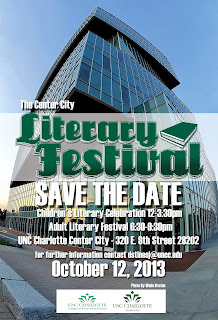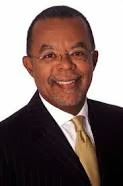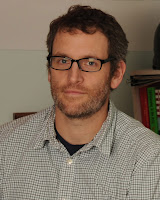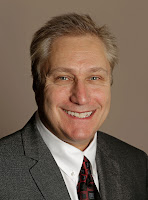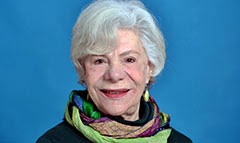So Eble’s feelings about apostrophes may come as a surprise. She thinks its time we got rid of them.
See what I did there? If you are among the dwindling number of Americans who use apostrophes correctly, you probably twitched reading that last paragraph. You knew the its was missing the apostrophe that signaled a contraction of it and is. Still, you knew what I meant.
And that’s why Eble, who’s a linguist, argues that apostrophes are useless. “Do you ever have to stop someone and say, Did you mean possessive when you said its?” she asks. No, you never do. The context makes it clear.
When Eble first explained her stance to me, I admit to grammar-geek shock. But the more I thought about it, the more it made sense. If we officially dropped apostrophes, English teachers would save untold hours. Phrases such as daily special’s would die a quiet death.
Fueled by texting, the anti-apostrophe movement seems to be gaining momentum, especially in Britain, where some retailers, including the bookseller Waterstones, have dropped their apostrophes. The people in charge of killtheapostrophe.com are British, though it should be said that England is also home to the Apostrophe Protection Society. Apostrophe opinions run strong across the pond.
The Apostrophe Protection Society’s chairman argues that apostrophes are sometimes essential for clarity. True, the sentence Residents refuse to be placed in bins would be less ambiguous with an apostrophe after the s in residents. We’d have to adjust to reading hell and Ill as he’ll and I’ll. Plural possessives could be tricky.
But punctuation is supposed to convey information, and Eble argues that apostrophes convey precious little. A misused apostrophe, however, tells us the writer was either careless or unable to master grammar rules. It gives us grammar sticklers a reason to look down on others.
Will we see the demise of the apostrophe in our lifetime? I wouldn’t bet on it, but who knows? Language changes. Hyphen use, for instance, is definitely on the decline. Fig-leaf is now usually fig leaf, while pigeon-hole has become pigeonhole. The New York Times recently dropped the hyphen in email.
Once, long ago, apostrophes, like the appendix, served a purpose. I won’t go into their complicated evolution. But more grammarians do seem to be making the point playwright George Bernard Shaw made a century ago. “There is not the faintest reason,” he wrote in 1902, “for persisting in the ugly and silly trick of peppering pages with these uncouth bacilli.”







